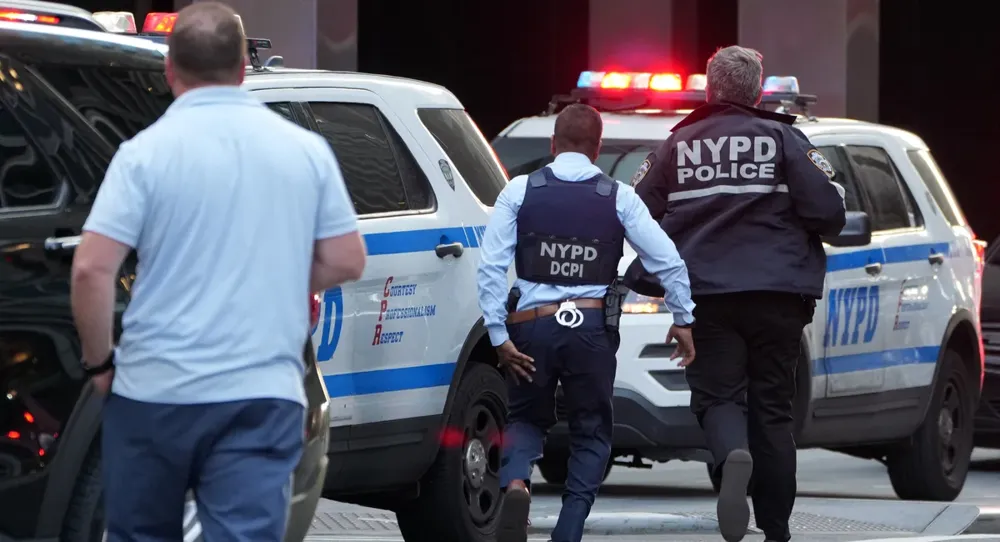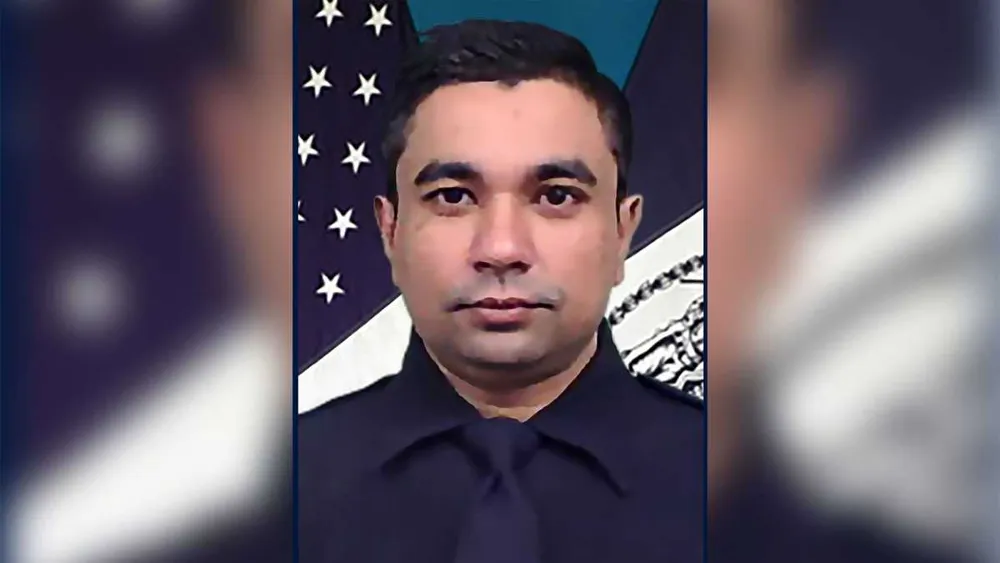San Francisco's federal judges evaluate if ICE agents racially profiled raid targets in Los Angeles
The Ninth Circuit Court of Appeals on Monday heard arguments from a federal attorney and the ACLU to decide whether ICE agents were racially profiling people when conducting immigration raids in Los Angeles.
All eyes are in San Francisco as three federal judges challenged the government on the strategy of immigration agents during raids in Los Angeles.
"Home Depots where people are standing looking for jobs and car washes because they are car washers, etc.," said Judge Marsha Berzon with the U.S. Court of Appeals for the Ninth Circuit.
"Your honor, but if then an agent testifies, 'Oh the reason we went to Home Depot is because of based on intelligence, surveillance, our experience in the field, whatever else.' Our experience last week in the same location. That is why we picked it. Are we now outside the scope of the injunction? Because there is something else being considered or is it still ultimately based on presence at a particular location and therefore forbidden. I don't know the answer to that but that is why it's problematic under the Fourth amendment to try to make those determinations," said Yaakov M. Roth, Principal Deputy Assistant Attorney General for the U.S. Department of Justice.
MORE: Increase in ICE detentions leading Bay Area immigrants to apply for virtual court hearings
In June, ICE detained approximately 1,600 people over a three-week period in Los Angeles.
Yaakov M. Roth, the Principal Deputy Assistant Attorney General for the U.S. Department of Justice argued in court.
"We certainly do not accept the proposition that the individuals who were detained were detained without reasonable suspicion," said Roth.
An attorney for the ACLU fought back.
MORE: Judge orders Trump administration to halt indiscriminate immigration stops, arrests in California
"What they are arguing here is that they had reasonable suspicion. The problem is that they haven't actual evidence in any of these particular cases and we did. The evidence that we presented shows that in the (case) of Mr. Vasquez it doesn't say why he was stopped. You would expect that it would say something there," said Mohammad Tajsar, senior staff attorney at the ACLU of Southern California.
University of San Francisco professor Bill Hing believes this case could impact immigration enforcement strategies throughout the country.
"This is going to slow ICE down and force them to look at the constitution and do their homework. If they think somebody is undocumented, they got to find out who that person is and do an investigation," said Hing.
After more than an hour, the federal judges decided to evaluate further before making a decision on how the government should conduct raids.
"Cause the country needs to know whether or not ICE and other federal agents are going after individuals who are genuinely identified as illegal in the country, or whether it's relying on racial profiling which is as ugly as it gets on how democracy should operate," said Mark Rosenbaum, senior special counsel for Strategic Litigation at Public Counsel.


